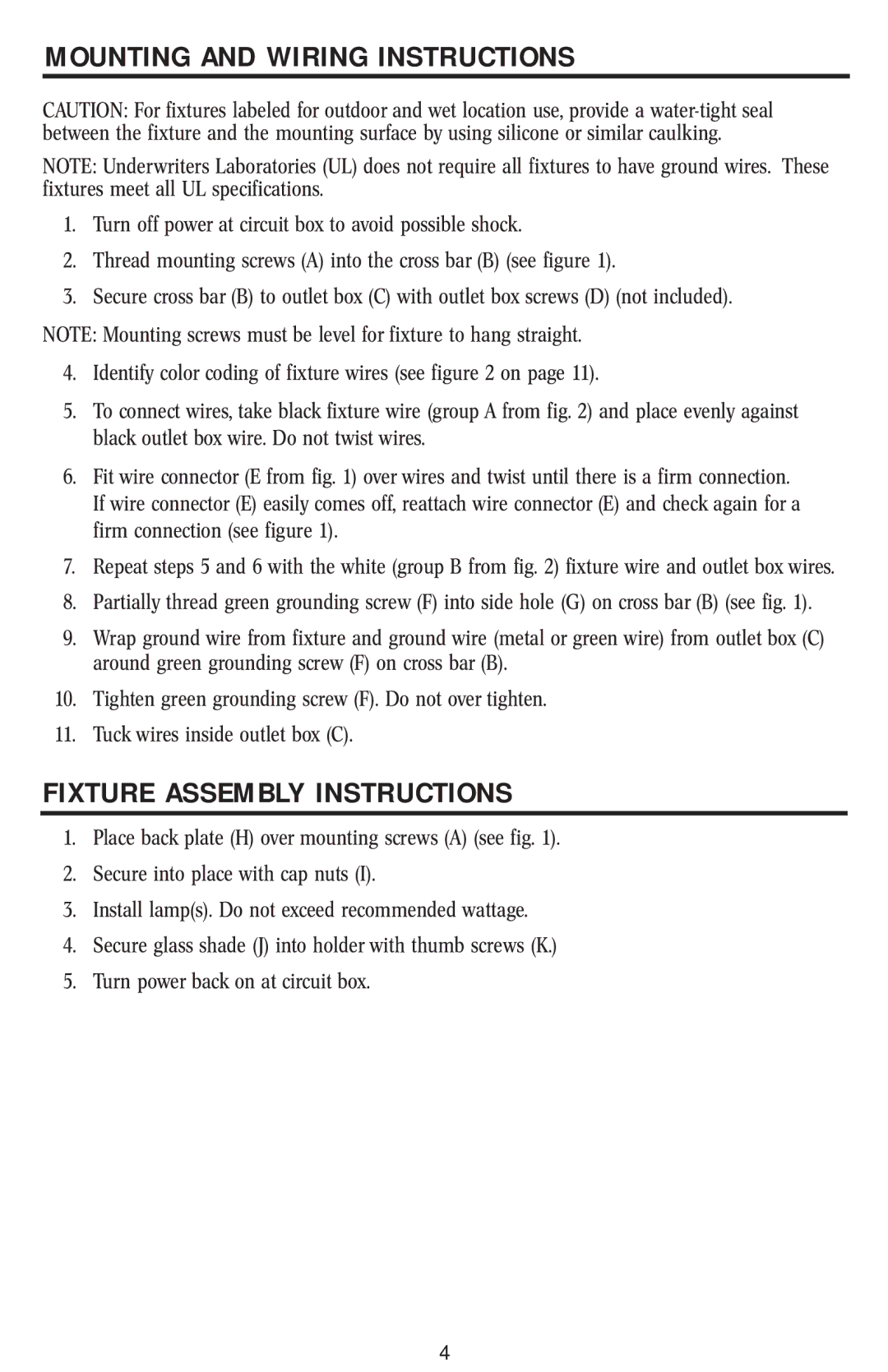W-105 specifications
The Westinghouse W-105 is a groundbreaking industrial gas turbine that has made significant contributions to the energy sector. Launched in the late 20th century, the W-105 has been a prime example of combining advanced engineering with reliable performance, making it a preferred choice for power generation in various applications.One of the hallmark features of the Westinghouse W-105 is its high efficiency. Designed to operate on natural gas, the turbine achieves thermal efficiency rates of over 30%, which makes it a cost-effective option for energy producers. This efficiency minimizes fuel consumption and reduces operational costs, particularly important in competitive markets.
In terms of technologies, the W-105 employs advanced aerodynamics and materials engineering. The blades are crafted with high-temperature superalloys, allowing them to withstand extreme temperatures and stresses during operation. Additionally, the turbine's unique cooling system enhances performance by maintaining optimal temperatures, ensuring longevity and reliability.
The W-105 is also recognized for its modular design, which simplifies maintenance and reduces downtime. This feature is particularly beneficial in industrial settings, where reliability and availability are crucial. The modular construction allows for quick replacement of components, enabling operators to maintain consistent output and efficiency.
Another characteristic of the W-105 is its adaptability. It can be integrated into a variety of systems, including combined cycle and cogeneration setups. This versatility allows it to operate efficiently in a wide range of applications, from peaking power plants to continuous base-load operations. The ability to switch between different fuel sources enhances its appeal in an ever-evolving energy marketplace.
Furthermore, the Westinghouse W-105 is designed with environmental considerations in mind. It meets stringent emissions regulations, significantly reducing NOx and CO2 emissions compared to older turbine models. This makes it an environmentally friendly option for energy production, aligning with global sustainability goals.
Overall, the Westinghouse W-105 represents a significant advancement in gas turbine technology. Its combination of high efficiency, robust design, modularity, adaptability, and environmental consideration makes it an ideal choice for energy producers aiming to meet the demands of today’s dynamic energy landscape. The legacy of the W-105 within the sector continues to influence the design and deployment of modern gas turbines.

